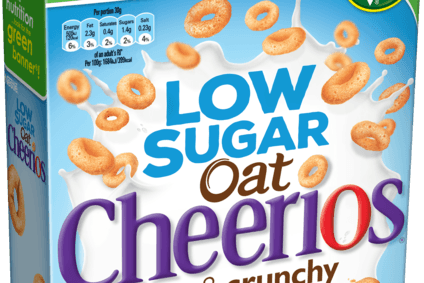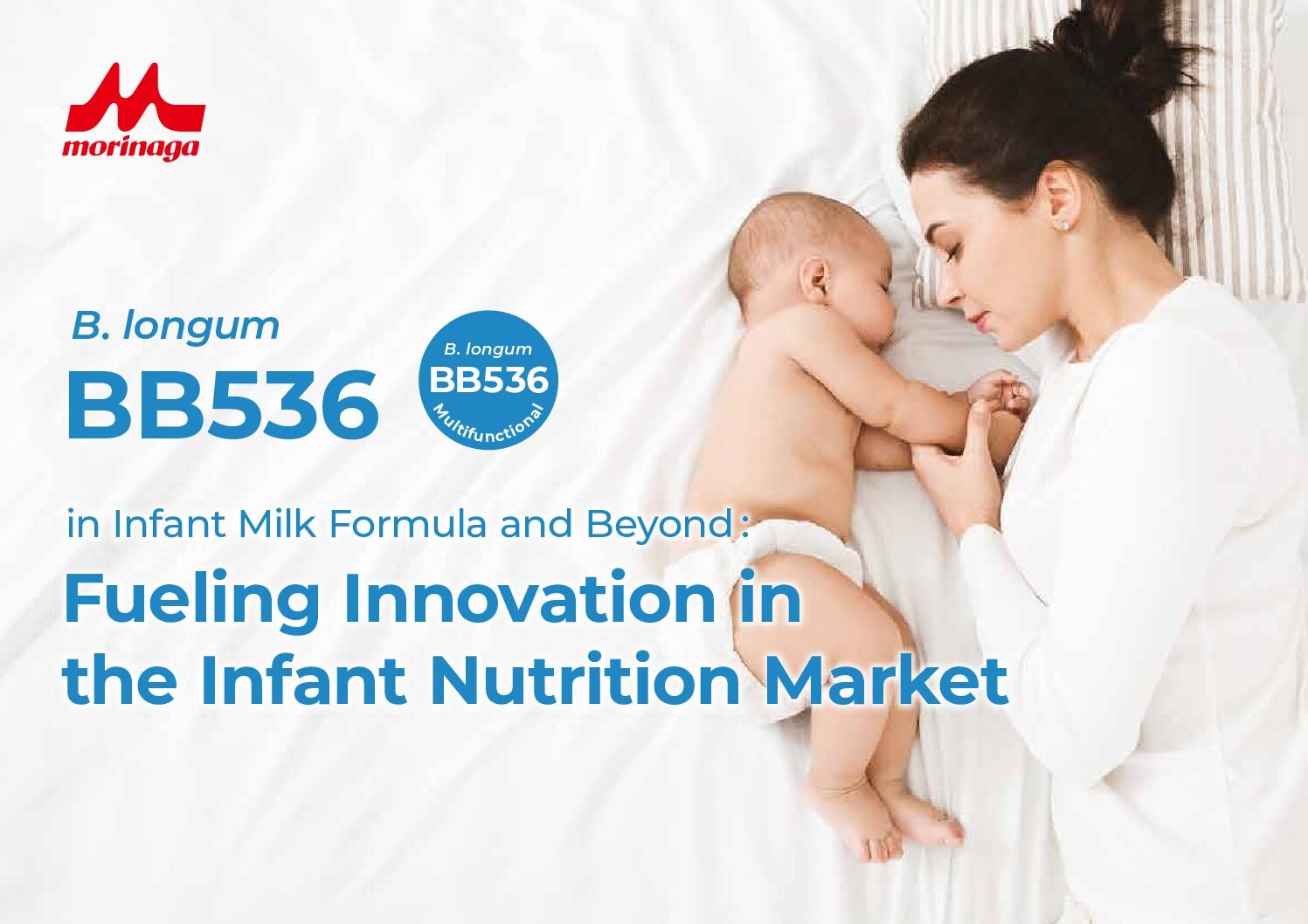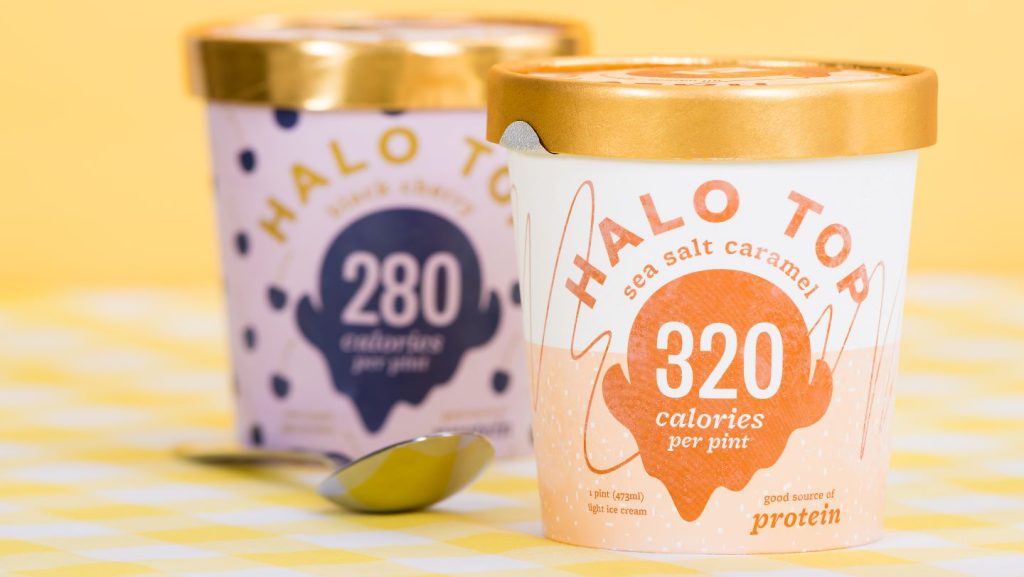
Nestlé will share more details of the nutritional value of its portfolio of products from 2023, it pledged today (17 November).
The manufacturing giant also plans to expand its range of “affordable, nutritious foods and beverages”.
How well do you really know your competitors?
Access the most comprehensive Company Profiles on the market, powered by GlobalData. Save hours of research. Gain competitive edge.

Thank you!
Your download email will arrive shortly
Not ready to buy yet? Download a free sample
We are confident about the unique quality of our Company Profiles. However, we want you to make the most beneficial decision for your business, so we offer a free sample that you can download by submitting the below form
By GlobalDataNestlé said it will benchmark its food and beverages against the Health Star Rating system, a government-devised nutrient profiling method set up in Australia and New Zealand.
It also said it will start reporting on portfolios in 14 countries, using each nation’s government-endorsed packaging labelling systems. The changes will take place from its 2022 annual report.
Nestlé said in a statement: “These commitments build on the belief that transparency is key to trust. They are also an extension of the company’s long track record of helping people enjoy a variety of foods and beverages as part of a balanced diet.”
The move follows pressure from investors to revise the nutritional make-up of the Swiss group’s product portfolio.
UK-based charity and ESG advocate ShareAction welcomed the news but said Nestlé’s proposals did not set clear enough targets.
“It’s a welcome sign of progress that Nestlé has committed to transparent reporting around the healthiness of its products using a credible, government-endorsed nutritional profiling model – the Health Star Rating,” said ShareAction consumer health campaign lead Holly Gabriel.
“However, the company has yet to set any targets to increase its sales of healthier food. These targets are crucial to the strategy of any company that takes seriously its responsibility to improve people’s health and the nutritional quality of their diets.
“Manufacturers like Britvic and Premier Foods are already leading the way in the sector, which is increasingly a subject of investor concerns given exposure to regulatory risk if companies don’t adapt their business models to promote more healthy food.
“We hope to see Nestlé follow suit and look forward to continuing constructive engagement with the company and investors.”
Earlier this year a group of investors, including asset manager Legal & General Investment Management and BMO Global Asset Management, signed a ShareAction letter sent to Nestlé as well as Danone, Kellogg and Kraft Heinz.
“Regulatory trends, as well as consumer support for healthier products, mean that food businesses must consider health as an increasingly material risk factor,” Ignacio Vazquez, senior manager at ShareAction, said at the time.
In the letters, the investors sought to contrast the information the food manufacturers disclose on the health profile of their products with the Access To Nutrition Initiative (ATNI), which ShareAction describes as “the leading benchmarking organisation for food companies and their investors”.
According to ShareAction, Nestlé claims 80.5% of its sales are healthy, meeting the Swiss giant’s own Nestle Nutritional Foundation profiling criteria. ATNI argues the figure should be 43%.
Earlier this year, Unilever also announced moves to measure and set nutritional targets after criticism from investors convened by ShareAction.
The Magnum ice-cream maker will measure its performance against six “government-endorsed nutrient profile models”, such as the high fat, salt and sugar (HFSS) initiative in the UK and NutriScore in wider Europe.








